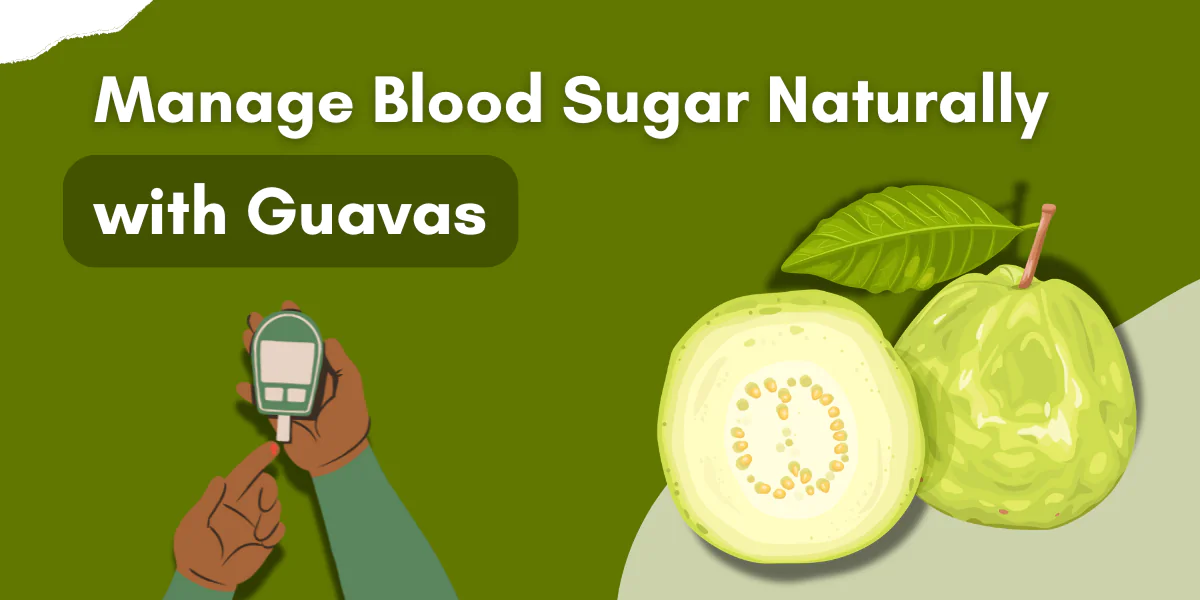With heart disease on the rise in India, managing cholesterol is more important than ever. A simple and natural way to support healthy cholesterol levels is through diet, and one fruit that stands out is the orange. Packed with fiber, vitamin C, and beneficial plant compounds, oranges can be an excellent addition to your diet for natural cholesterol management. This article will explore how oranges support cholesterol balance and overall heart health.
How Oranges Help in Cholesterol Management
Oranges are nutrient-dense fruits known for their high vitamin C content and soluble fiber, which play a vital role in managing cholesterol levels. Including oranges regularly in your diet may contribute to lower levels of LDL (bad cholesterol) and increase HDL (good cholesterol), making it easier to maintain a healthy lipid profile. According to the Indian Heart Association, high cholesterol contributes significantly to heart disease risk in India, making dietary choices like oranges essential for many people.
Nutrients in Oranges That Support Heart Health
A medium-sized orange contains:
- Vitamin C: 70 mg (78% of the daily recommended intake)
- Soluble Fiber (Pectin): Helps reduce cholesterol absorption
- Flavonoids: Antioxidants that combat inflammation
- Potassium: Regulates blood pressure levels
These nutrients together support heart health by reducing LDL cholesterol, preventing oxidative damage, and supporting blood pressure balance.
1. Soluble Fiber: Key to Lowering LDL Cholesterol
Oranges contain pectin, a type of soluble fiber that has been shown to lower LDL cholesterol. Soluble fiber binds with cholesterol particles in the digestive system, which helps reduce its absorption into the bloodstream. A study published in the American Journal of Clinical Nutrition found that consuming foods high in soluble fiber can reduce LDL cholesterol by up to 10%.
Including oranges in your daily routine can provide this beneficial fiber, particularly helpful in India, where refined diets often lack fiber. Oranges are a simple and delicious way to help balance cholesterol levels naturally.
2. Vitamin C: Antioxidant Power for Cholesterol Reduction
Vitamin C is a powerful antioxidant that prevents cholesterol from oxidizing. Oxidized cholesterol is more likely to stick to artery walls, leading to plaque buildup and increasing heart disease risk. By consuming vitamin C-rich foods like oranges, you can help reduce oxidative stress in the body, which plays a role in cholesterol management.
Research from the Indian Journal of Medical Research suggests that vitamin C intake can contribute to lower cholesterol levels, supporting heart health in those at risk for cardiovascular issues.
3. Flavonoids in Oranges: Reducing Inflammation and Improving HDL Levels
Oranges are rich in flavonoids, particularly hesperidin, a compound known for its anti-inflammatory and antioxidant properties. Hesperidin helps reduce inflammation in blood vessels, which can improve overall heart health and cholesterol levels. Studies have found that hesperidin may increase HDL cholesterol levels, which helps remove excess cholesterol from the bloodstream.
This antioxidant also contributes to lower blood pressure, which is beneficial for cardiovascular health. In India, where hypertension and cholesterol issues are common, adding flavonoid-rich foods like oranges can offer natural protection.

4. Potassium: Balancing Sodium Levels and Supporting Blood Pressure
Potassium is a mineral that helps balance sodium in the body, a key factor in managing blood pressure levels. High blood pressure often accompanies high cholesterol, increasing the risk of heart disease. By consuming potassium-rich foods like oranges, you can help maintain healthy blood pressure levels, which in turn supports heart health.
For individuals with hypertension, including oranges in their diet can contribute to balanced blood pressure, which indirectly supports cholesterol management.
Simple Ways to Add Oranges to Your Diet for Cholesterol Management
Adding oranges to your daily routine is easy and offers versatility:
- Eat Fresh Oranges: A whole orange as a snack provides fiber, vitamin C, and antioxidants.
- Drink Fresh Juice: Opt for homemade orange juice without added sugar for a nutrient boost.
- Smoothies: Blend oranges with greens and other fruits for a fiber-rich, heart-healthy drink.
- Salads: Add orange slices to vegetable salads for added flavor and nutrition.
- Desserts: Use oranges in fruit salads or low-sugar desserts to satisfy sweet cravings healthily.
How Many Oranges Should You Eat for Heart Health?
One to two medium-sized oranges daily should provide enough vitamin C and fiber to help support cholesterol levels. However, if you have issues with acidity, try eating oranges after a meal to reduce any discomfort.
Common Myths About Oranges and Cholesterol
There are several myths about oranges and cholesterol. One common belief is that consuming citrus fruits like oranges can raise cholesterol due to their natural sugar content. However, the natural sugars in oranges are not the same as added sugars and do not impact cholesterol levels negatively. Instead, the fiber in oranges helps balance sugar absorption and supports cholesterol management.
Other Heart-Healthy Foods to Complement Oranges
For optimal heart health, consider adding these foods alongside oranges:
- Nuts (like almonds and walnuts): High in healthy fats and fiber
- Whole Grains (like oats): Rich in soluble fiber
- Leafy Greens (like spinach): High in antioxidants and vitamins
- Legumes (like beans and lentils): Great plant-based protein and fiber source
Combining these foods with oranges can maximize the benefits for heart health.
Tips for Maintaining Healthy Cholesterol Levels
Besides including oranges, consider these lifestyle changes:
- Limit Saturated Fats: Reduce intake of fried and high-fat dairy products.
- Increase Physical Activity: Regular exercise helps maintain cholesterol balance.
- Avoid Smoking and Limit Alcohol: Both can negatively impact cholesterol levels.
- Manage Stress: Chronic stress can contribute to high cholesterol.
Final Thoughts on Oranges for Cholesterol Management
Oranges provide essential nutrients that support heart health and help in managing cholesterol naturally. Their high fiber, vitamin C, and antioxidant content make them an excellent choice for those looking to lower LDL levels and protect their heart. By including one or two oranges in your daily diet, you can take a small but impactful step toward healthier cholesterol levels.
Read Also: Benefits of Oranges for Eye Health and Vision Support
Medical Disclaimer: This article is for informational purposes only and is not a substitute for professional medical advice. Always consult with a healthcare provider for personalized recommendations.




















